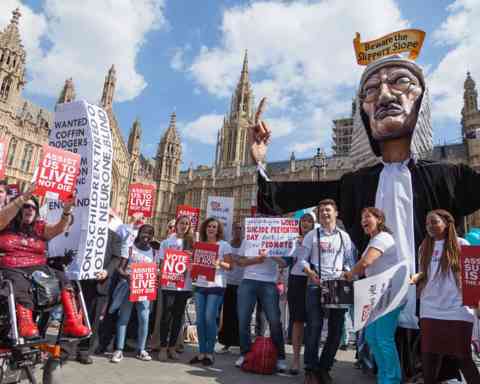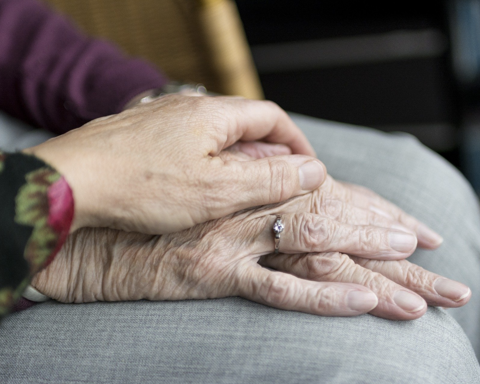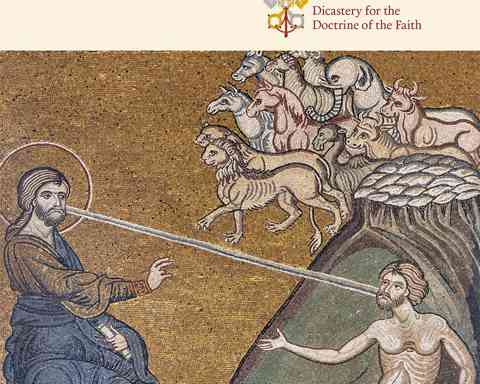Euthanasia & Assisted Suicide: Writing or Speaking to your Elected Representative
In England and Wales, Kim Leadbeater MP has introduced the Terminally Ill Adults (End of Life) Bill which would legalise assisted suicide for people in England and Wales with a ‘terminal illness’. The Bill has now Completed Committee Stage and a new version of the Bill has been published.
In its current form, the final approval for assisted suicide will no longer be made by the High Court but by a ‘review panel’ consisting of a lawyer, a psychiatrist, and a social worker. These people will come from a self-selected pool of volunteers and the experience of other jurisdictions is that review panels disproportionately attract people who wish to expand the law as far as possible. They are not equivalent to a court of law. As with the earlier version of the Bill, people can appeal if the panel does not approve the person for assisted suicide, but no one can appeal if a person is approved for assisted suicide but should not have been. The Bill is stacked in favour of death. MPs have already started tabling possible amendments to the Bill but we do not know which will be selected for debate on 16 May.
In Scotland, Liam McArthur MSP has introduced the Assisted Dying for Terminally Ill Adults (Scotland) Bill which would legalise physician-assisted suicide for residents in Scotland who are over 16 and have a ‘terminal illness’ (defined very broadly). The Bill is currently being examined by the Health, Social Care and Sport Committee. The best time to engage with MSPs will be after the Report is published which will be at some date before 23 May. The Anscombe Bioethics Centre will produce a response to the Report soon after it has appeared, but the outlines of the Bill are already clear. It is not too soon to begin to raise concerns with MSPs. This Bill would certainly threaten the vulnerable.
These Bills are ‘Private Members’ Bills’, which means that they have been introduced by a single legislator and not the Government. Conventionally, such Bills are subject to a free vote and every elected representative may vote according to his or her individual conscience rather than be bound by Party commitments.
The Anscombe Centre encourages all citizens to contact the person who represents them in their national or devolved legislature to raise concerns about these Bills so that elected politicians can inform themselves by hearing from a range of people. Talking to them directly is often most effective, but writing will also be worthwhile also.
In speaking or writing it is always better to communicate based on experience, whether this be your own experience (as, for example, a healthcare professional, or a carer, or as someone living with illness or disability) or from the experience of a friend or family member.
There are many different reasons why someone might oppose the legalisation of assisted suicide or euthanasia and it is best to focus on the issue or issues that most concern you. It is a mistake to try to say everything rather than saying one or two things well. Other people will say other things.
In order to help support you in writing to or speaking to your MP, the Anscombe Centre has resources on different topics which provide evidence showing that people are right to be concerned. Please see our dedicated web page of Resources on ‘Assisted Dying’ (Euthanasia and Assisted Suicide).
Writing or speaking to your MP (UK)
Note that, while the Leadbeater Bill applies directly only to England and Wales, it would undoubtedly have a great impact on Scotland. Scottish MPs will have a vote on this Bill and so people in Scotland should also contact their MP about it.
Please do not write to an MP unless you live in their constituency. You can find out who your MP is and how to contact them by using this website.
Writing or speaking to your Deputy (Ireland)
Whilst Deputy Gino Kenny’s Voluntary Assisted Dying Bill 2024 did not move forward before the Irish General Election in November 2024, and Deputy Kenny was not re-elected, there remains a danger that another TD could introduce a Bill. The Anscombe Centre will update this and other pages if this occurs.
You can find out who your Deputies are and how to contact them by finding your constituency here.
Writing or speaking to your MSP (Scotland)
You can find out who your constituency and regional MSPs are and how to contact them by using this website (put your postcode into the ‘Find MSPs by postcode’ search box).
Most recent
Eight Reasons Why We Must Not Legalise ‘Assisted Dying’
25 October 2024
A short summary of some key arguments against legalising assisted suicide.
Anscombe Centre Briefing – Consultation on Assisted Suicide in Scotland
17 July 2024
Our Guide to the 07 June 2024 to 16 August 2024 Scottish Consultation on the Assisted Dying for Term...
Dignitas Infinita’s Vital Contribution to Current Debates
26 April 2024
Dr Mehmet Çiftçi, Public Bioethics Fellow of the Anscombe Bioethics Centre, reflects on the importan...
Sincerest Thanks for Your Support
Staff are grateful to all those who sustained the Centre in the past by their prayers and the generous financial support from trusts, organisations, communities and especially from individual donors, including the core funding that came through the Day for Life fund and so from the generosity of many thousands of parishioners. We would finally like to acknowledge the support the Centre has received from the Catholic community in Ireland, especially during the pandemic when second collections were not possible.
We would like to emphasise that, though the Centre is now closed, these donations have not been wasted but have helped educate and support generations of conscientious healthcare professionals, clerics, and lay people over almost 50 years. This support has also helped prevent repeated attempts to legalise euthanasia or assisted suicide in Britain and Ireland from 1993 till the end of the Centre’s work on 31 July 2025.



